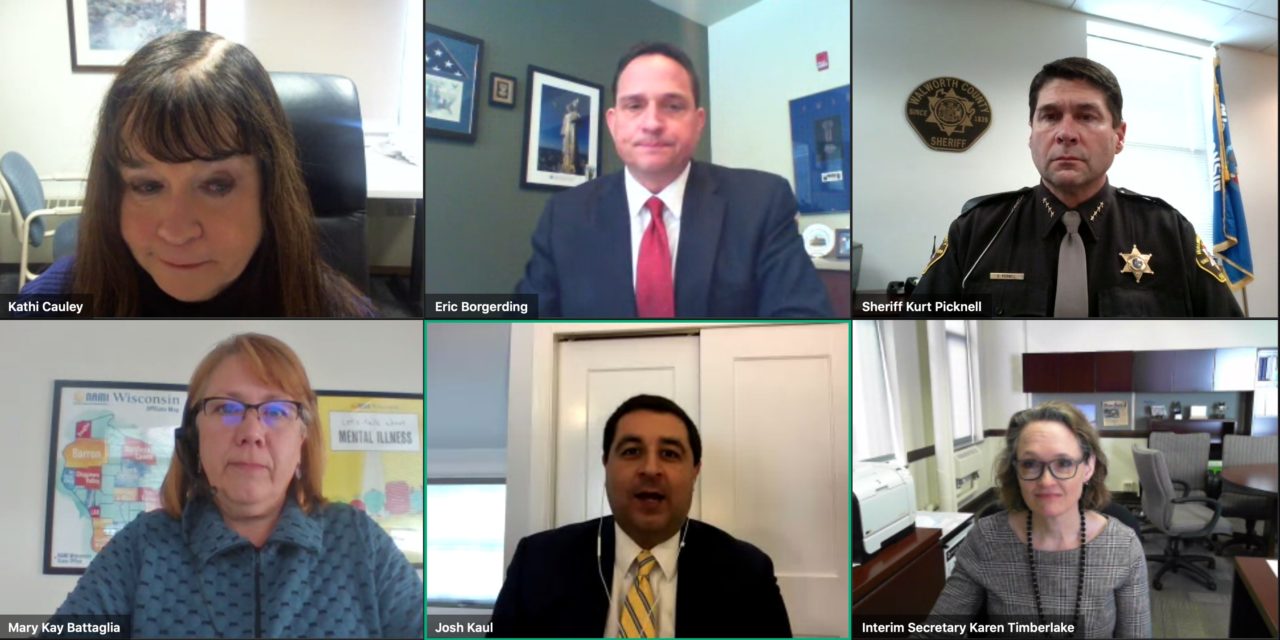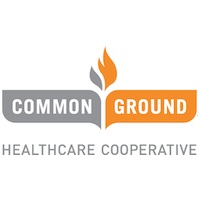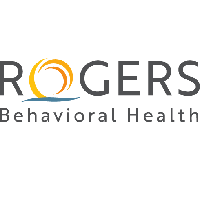
Coalition unveils recommendations to improve emergency detention process

A coalition of healthcare providers, law enforcement agencies, counties and state agencies released their recommendations on how to strengthen the state’s mental health crisis system on Thursday.
The coalition aims to reform the state’s emergency detention process, a system for when people experiencing severe mental health crises pose a danger to themselves or others.
“This is a system that needs change and needs to be overhauled,” Attorney General Josh Kaul told reporters.
Winnebago Mental Health Institute in Oshkosh is the sole statewide facility that’s available if no other inpatient psychiatric beds are free, meaning that those suffering from severe mental health crises can spend hours being transported there, often by law enforcement, Kaul said.
The coalition recommends
:
- Establishing more crisis stabilization facilities, which are alternatives to psychiatric inpatients care for experiencing a mental health emergency like freestanding psychiatric emergency rooms.
- Additional funding for peer-run respites, which offer supportive, home-like environments during times when people are facing stress.
- Additional investments in mental health mobile crisis teams, which respond to those in crisis.
- Establishing regional hubs that specialize in psychiatric emergency assessment and triage.
- Enhance community-based treatment for suicidality.
- Additional funding for crisis intervention team training, which focuses on de-escalation techniques that law enforcement can use to help with those in crisis.
- Adding more inpatient psychiatric beds across the state.
- Creating a template medical clearance process to streamline the process of healthcare professionals making sure that underlying medical issues are identified and addressed before admission to a psychiatric hospital.
- Exploring ways to further use an inpatient psychiatric bed tracking system maintained by the Wisconsin Hospital Association.
- Expanding telemedicine.
- Streamlining court proceedings that are included in the emergency detention process.
- Considering the viability of transporting patients across state lines to closer hospitals.
- Convening and facilitating regular discussions about the process and promoting regional innovation.
Department of Health Services Interim Secretary Karen Timberlake said they’ve seen a “steep increase” in admissions to Winnebago Mental Health Institute in recent years.
“We know that people are best served in their home communities, close to their homes, their families, their friends, their support networks and the resources they rely on to keep themselves healthy and well and stable,” Timberlake said. “We all need to be doing more.”
Many of the recommendations align with Gov. Tony Evers’ plans for the 2021-23 budget, she said.
NAMI Wisconsin Executive Director Mary Kay Battaglia said the concerns of mental health illness shouldn’t be treated differently than physical health concerns. They support a regional approach to mental health support.
“When you’re loved one reaches out to you and says that they’re having a heart attack, you don’t expect them to be placed in the back of a police car and carted four to six hours across the state to be evaluated about their heart health at one designated heart health state hospital,” she said. “You expect them to be treated for a medical event, treated close to home, with dignity and respect.”
Wisconsin Hospital Association CEO Eric Borgerding said the recommendations are holistic and comprehensive.
“The consensus recommendations organized by the attorney general provide a comprehensive roadmap to improving Wisconsin’s often fragmented and inefficient county-based emergency detention system,” he said. “Challenges will remain, but these recommendations bring additional focus and stakeholder alignment on clear next steps to improve and reform Wisconsin’s emergency detention infrastructure and most importantly improve the lives of many thousands of patients and families across the state.”
This article first appeared in the Wisconsin Health News daily email newsletter. Sign up for your free trial here.









.jpg?bwg=1612548324)





















